Let’s talk about whisky. It is the epitome of class — smooth, yet bold. The ideal gentleman is not quite complete without a glass of whisky in hand. Sitting by the fireplace with a cigar in the other, he swirls the whisky and takes a whiff, slowly appreciating the blend of aromas before sipping it. Or at least that’s how the movies portray it. From the sweeter Bourbon to the spicy Rye, or the smoky Scotch, what’s there to not love about whisky?
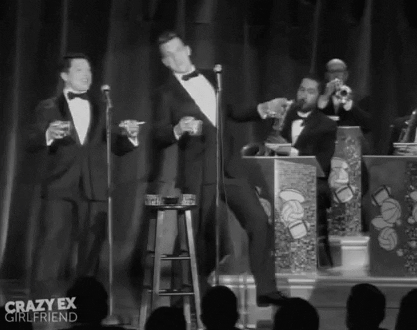
Source: GIPHY
Yet what you, or even whisky aficionados out there, might not know is that whisky played an important role in shaping America’s history.
Let’s start with the American Revolution. After the American War of Independence in 1783, the Thirteen Colonies threw off British rule and established the United States of America. At that time, each state still had its own laws and government, which led to occasional conflicts and small-scale trade wars between the states. So in 1789, the 13 states replaced the Articles of Confederation of 1777 with the Constitution of the United States of America. Thereby establishing the federal government of the United States, with George Washington appointed as the first POTUS (President of the United States).
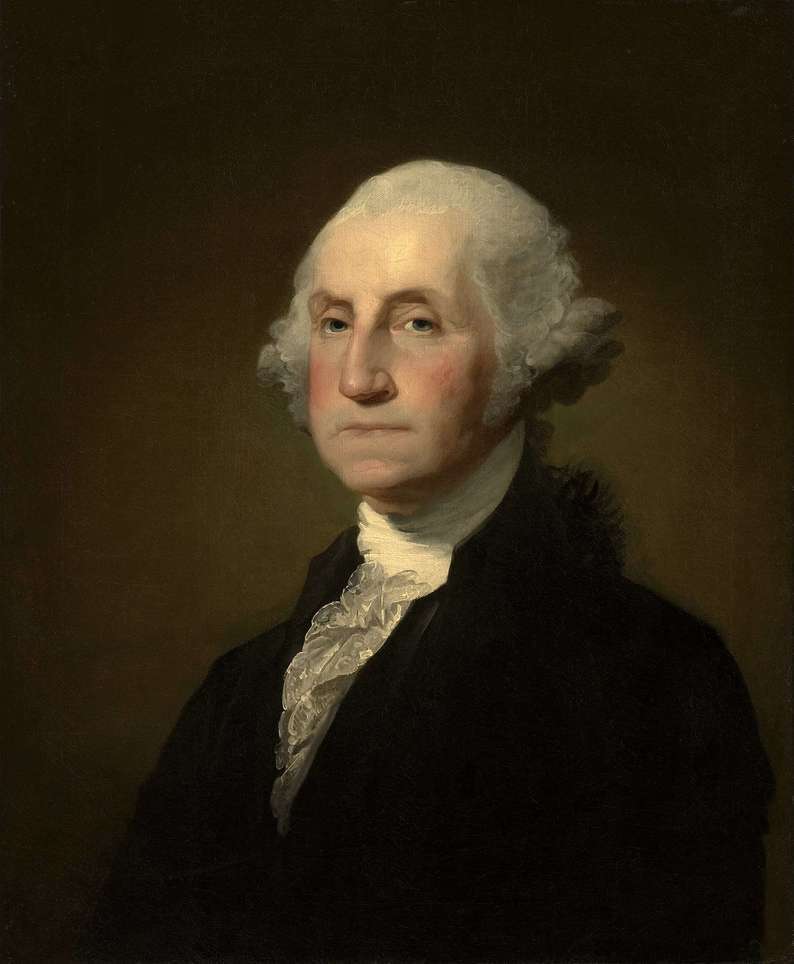
A portrait of George Washington, based on the unfinished Athenaeum Portrait by Gilbert Stuart, 1796
After being appointed as president, there were still a bunch of problems that needed to be solved. The most pressing of them all would be the huge debt incurred from the war. In order to stock up on enough firepower and food to fight the British, over $10 million was lent to the United States by France, Spain and the Netherlands. According to a 2010 Congressional Research Service report on the ‘Costs of Major U.S. Wars’, the Revolution cost the United States the 2011 equivalent of $2.4 billion!
“The debt of the United States...was the price of liberty,”' - Alexander Hamilton, one of the founding fathers of the United States and the first Secretary of the Treasury in 1790
Hamilton proposed that the federal government pay for the war debts of all states. While some, especially those of the South, objected to this proposition, it was eventually approved after the Compromise of 1790. In the musical Hamilton, this secret meeting was also written into the song ‘The Room Where It Happens’!
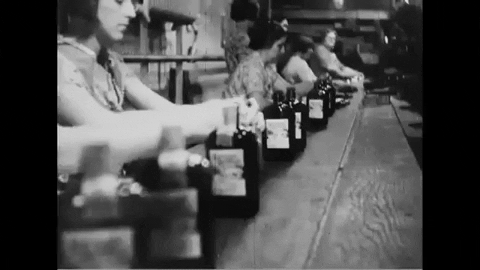
Source: US National Archives / GIPHY
To generate revenue for the war debt, a tax was placed on whisky, becoming the first tax imposed on a domestic product under the newly formed government. While the tax applied to all distilled spirits, consumption of US whisky rose significantly in the late 18th century, with the excise becoming widely known as a “whisky tax”. Anyone who produced or sold whisky had to pay the tax. Farmers of the western frontier, especially those living west of the Appalachian Mountains, were accustomed to distilling their surplus rye, barley, wheat, corn, or fermented grain mixtures to make whisky; and of course, they resisted the tax.
Furthermore, the tax was anything but fair. Larger distillers were charged a flat fee no matter the volume they distilled, while the western farmers who owned small stills had to pay tax by the gallon. These small-scale frontier distillers were paying a higher tax per gallon, despite whisky being sold for considerably less on the cash-poor Western frontier than in the wealthier and more populous East.
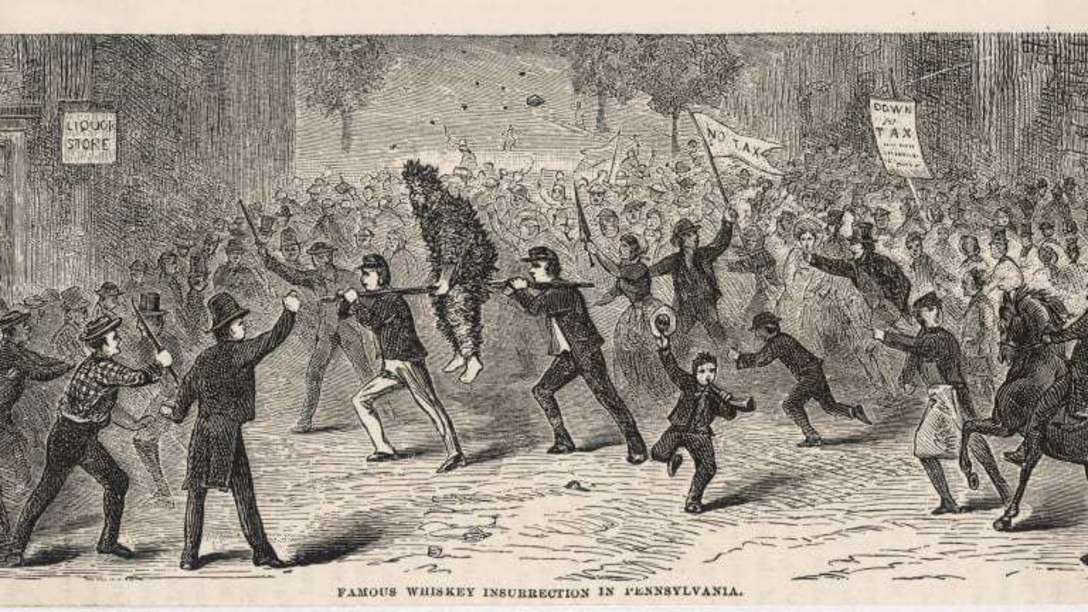
Famous Whiskey Insurrection in Pennsylvania
Many small western distillers simply refused to pay the tax. Protestors would harass tax collectors and threaten or beat those who offered them office space or housing. On 11 September 1791, a tax collector named Robert Johnson was tarred and feathered by a disguised gang in western Pennsylvania. A cattle drover, sent by officials to serve court warrants to Johnson's attackers, suffered the same fate and was tied to a tree for five hours before being found.
The violence only escalated in the next few years. Families of tax collectors were harassed and assaulted, while others had their houses broken into, and were held at gunpoint by protestors forcing them to resign from their position.
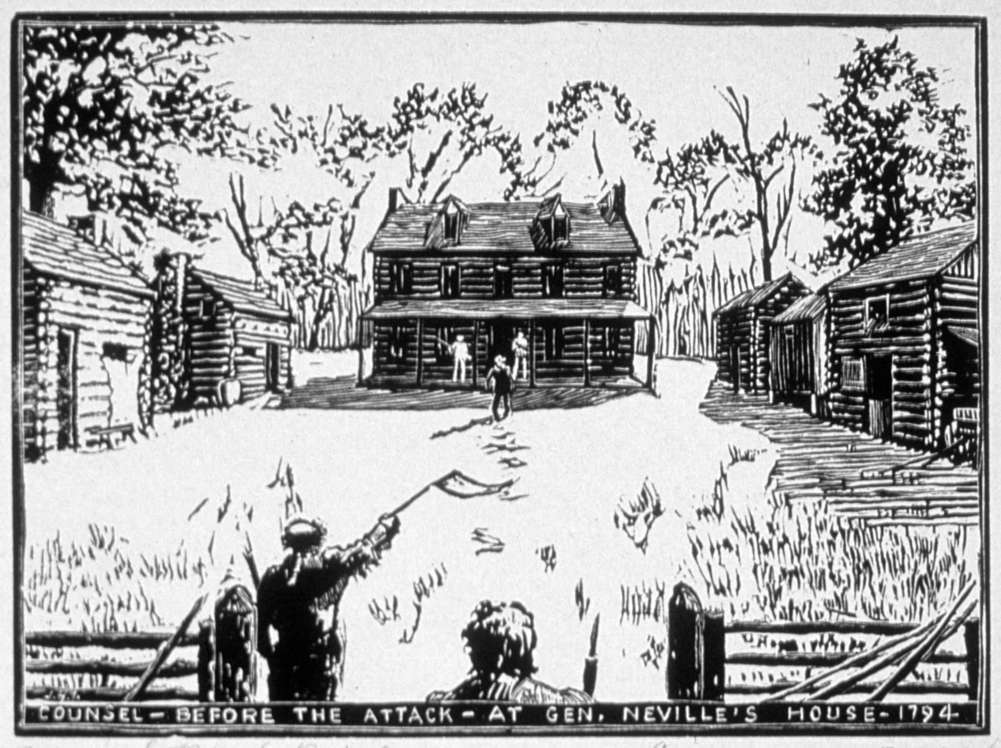
Source: Oliver Miller Homestead
In the summer of 1794, federal marshal David Lenox, accompanied by wealthy landowner John Neville, had successfully delivered most of the writs to distillers who did not pay their taxes. That was, until they reached the Miller farm on July 15. Not only did William Miller refuse the summons, he also attracted an angry mob, armed with pitchforks and muskets, that surrounded Lenox and Neville. The two men managed to escape, but not before a shot was fired when they rode away.
On the morning of July 16, when Neville was asleep, his house was stormed by a crowd of angry men. They claimed that Lenox needed to come with them because there was a threat to his life, which, of course, Neville didn’t believe. He ordered them off his property and when they refused to budge, Neville grabbed a gun and shot at the crowd, striking and killing Oliver Miller.
The next day, a mob of as many as 700 men surrounded the house on Bower Hill. They demanded Neville’s surrender, but he managed to escape with the help of soldiers who had come to defend the property. During the clash, the mob’s leader, James McFarlane was shot and killed. This enraged the mob and they set fire to the house, burning the Bower Hill estate to the ground.
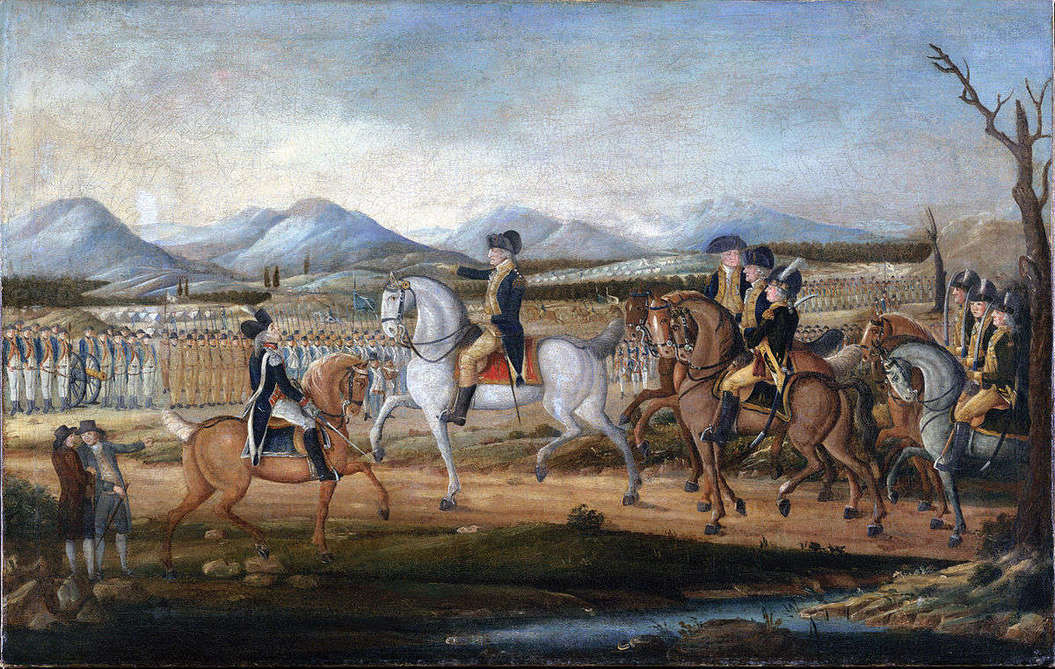
George Washington reviews the troops near Fort Cumberland, Maryland, before their march to suppress the Whiskey Rebellion in western Pennsylvania
The success of the attack on Bower Hill inspired a series of similar riots and protests against unfair tax laws in Pittsburgh. To stop the rebels and prevent the spread of violence to other states, then-president George Washington led a federal militia of over 12,000 men into western Pennsylvania. Upon arrival, there was no rebel army in sight and only two men were found guilty of treason, both pardoned by Washington. The rebel leaders had fled and the rebellion had come to an end.
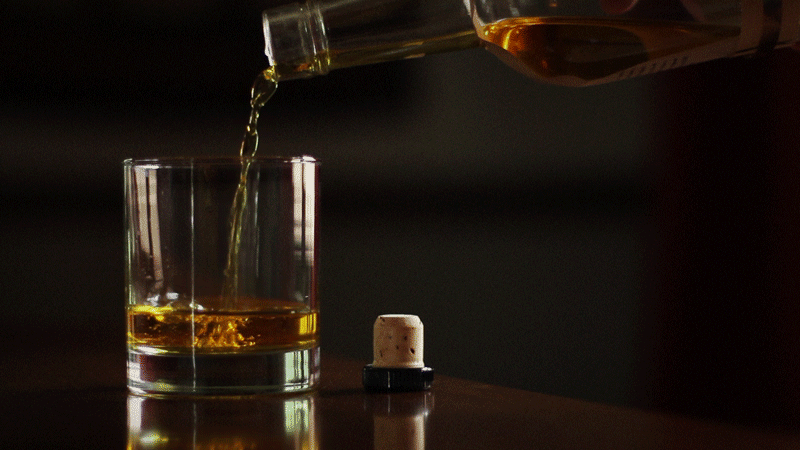
Source: GIPHY
The Whisky Rebellion was significant to America’s history because it was the first test—and a critical one at that—of federal authority, one that Washington’s young government met with success. The government’s actions showed that it had the strength to enforce its law and Washington’s supporters grew in number. With it being such a contentious issue, it also contributed to the creation of political parties in the United States.
The whisky tax that sparked the rebellion remained in effect until 1802, when it was repealed under the presidency of Thomas Jefferson. Throughout its years in effect, it remained almost impossible to collect.
• • •

Love whisky? Join a whisky appreciation session at Singapore’s first Whisky Ambassador accredited venue, located in the historic Caldwell House at CHIJMES! With Culturally x The Single Cask, learn about whisky's origins and immerse yourself in an unforgettable tasting experience.